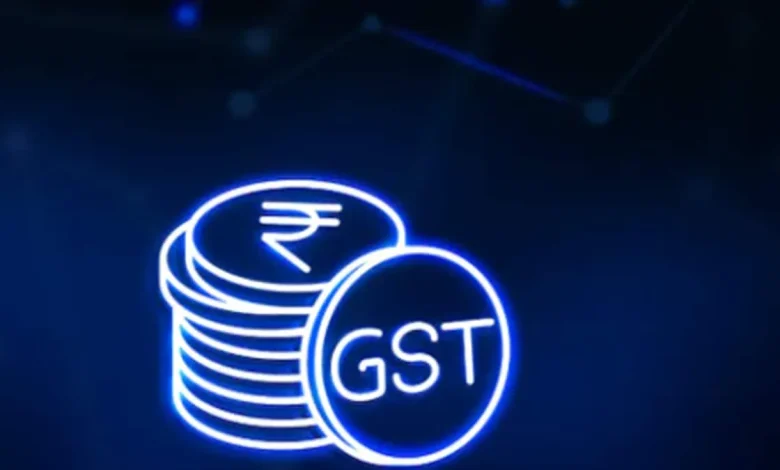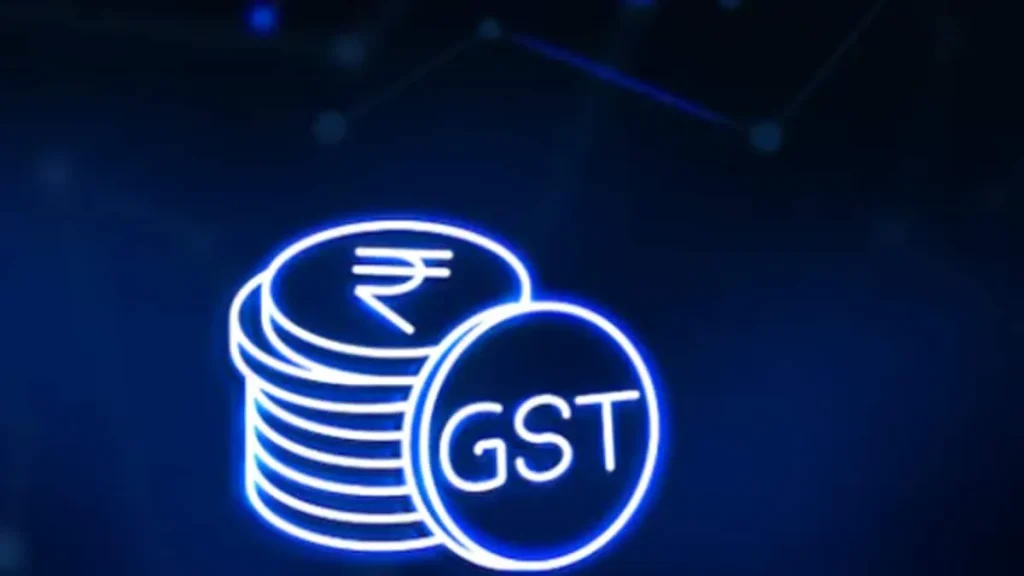Is GST Making Healthcare More Expensive for You?

In fact, the Goods and Services Tax (GST) may make healthcare more expensive for some consumers. Many medical supplies, equipment, and services are subject to GST rates ranging from 5% to 18%; however, hospital services and necessary medical treatments are typically exempt from GST.
This covers things like non-essential treatments, diagnostic tests, and medical equipment. The implementation of GST on these goods and services may result in higher out-of-pocket costs for patients, particularly for those who require specialized services or cutting-edge medical equipment that is not covered by insurance. As a result, many people may find it more difficult to afford healthcare.
1. What is the GST rate for healthcare services?
Medical Services (Consultation and Treatment):
Hospitals, physicians, and clinics are free from GST on healthcare services. This covers consultations, surgeries, and medical treatments.
Diagnostic Services:
Unless they are delivered by a government hospital or other exempt healthcare providers, diagnostic tests and medical examinations are subject to 5% GST.
Medical Supplies and Equipment:
Depending on the item, GST rates for medications and medical supplies range from 5% to 18%.
While some medical supplies and diagnostic services are subject to GST, most basic healthcare services are not.

2. How GST Impacts Patients and Healthcare Costs
GST raises the cost of several medical goods and services, which affects patients and healthcare expenditures. Many medical commodities, including diagnostic tests, medical devices, and non-essential treatments, are subject to GST at rates ranging from 5% to 18%. Essential healthcare services, including treatments, consultations, and hospital services, are still exempt from the tax.
Patients pay more out of pocket as a result, particularly those who need specialist care, cutting-edge medical equipment, or diagnostic services. Furthermore, hospitals and clinics may incur higher expenses as a result of the GST on specific healthcare-related goods, which they may then pass on to patients, making healthcare less accessible to some.
3. Why do I need a health insurance plan?
Prevention and Early Diagnosis
Preventive care, including immunizations, screenings, and regular checkups, is often covered by health insurance plans. This promotes routine health monitoring and early identification of possible problems, which over time may result in better results and cheaper treatment expenses.
Access to Quality Healthcare
Health insurance plans often include a network of trusted hospitals, clinics, and healthcare providers, giving you access to quality treatment. Insurance can ensure that you receive the best possible care without worrying about affordability.
Protection for Family Members
Keeping your family safe requires a comprehensive strategy. It is essential to have emergency cash, health insurance, and life insurance for financial security. It is crucial to have physical safety precautions like first aid kits, emergency plans, and home security systems. Open conversation, spending quality time together, and getting professional assistance when necessary are all ways to promote emotional well-being.
Medical Costs Are Rising
Since medical expenses are always increasing, many people find healthcare to be a major financial burden. This tendency is influenced by a number of factors, including rising prices, greater healthcare utilization, and technology improvements. Proactive steps like health insurance, preventive treatment, and financial preparation are necessary to protect one’s health and financial well-being in light of these rising costs.
Conclusion
In conclusion, GST raises the cost of some medical supplies, equipment, and diagnostic services but has no direct effect on the majority of basic healthcare services, such as hospital stays and treatments. Patients may have to pay more out of pocket for medical gadgets, diagnostic tests, and some non-essential treatments due to GST rates that range from 5% to 18%. Even though the government has exempted a lot of necessary services, people may still find it difficult to pay for medical services and products because of the GST, particularly if they need advanced care.
FAQs:
1. What is GST, and how does it affect healthcare?
In India, a tax known as the products and services tax (GST) is applied to products and services. Certain medical supplies, equipment, and diagnostic services are subject to GST at rates ranging from 5% to 18%, whereas critical healthcare services such as treatment and hospitalization are excluded. This may raise the total cost of medical care, particularly for individuals who need non-essential treatments, diagnostic tests, or medical gadgets.
2. Which healthcare services are exempt from GST?
In India, healthcare services like hospital stays, operations, medical treatments, and doctor consultations are typically free from GST. There is no additional tax on these necessary services.
3. How can patients minimize the impact of GST on their healthcare costs?
By choosing government hospitals, using health insurance policies that cover a variety of treatments, and comparing prices across healthcare providers to choose those with lower GST charges, patients can reduce the impact of GST on healthcare expenditures.
4. Which medical products are taxed under GST?
A number of medical products are taxable under the GST, which raises the cost of healthcare. Tax rates on medical equipment and devices, including CT scanners, X-ray machines, hearing aids, and surgical instruments, range from 5% to 18%. GST is also applied to pharmaceuticals, especially non-essential medications, usually at a rate of 5%. The tax rates for consumables, such as syringes, bandages, gloves, and diagnostic kits, vary but typically range from 5% to 12%.



